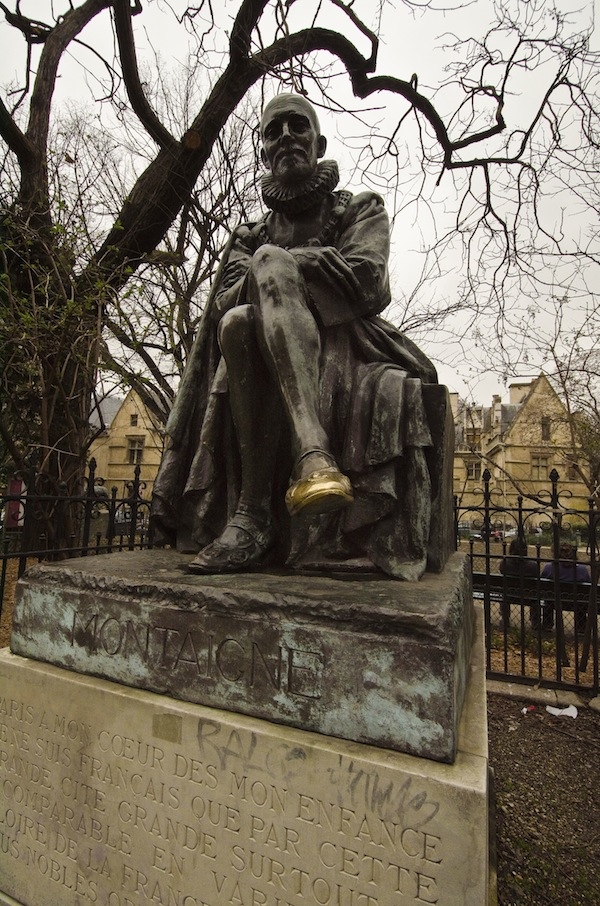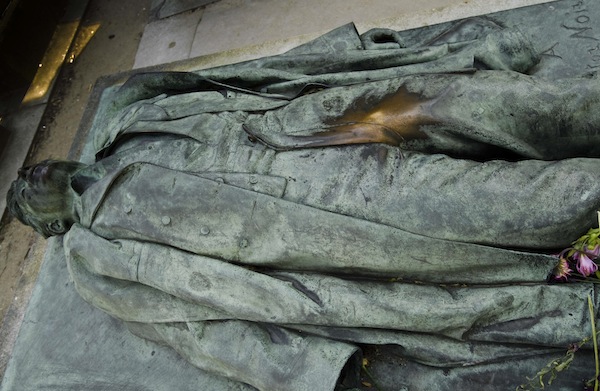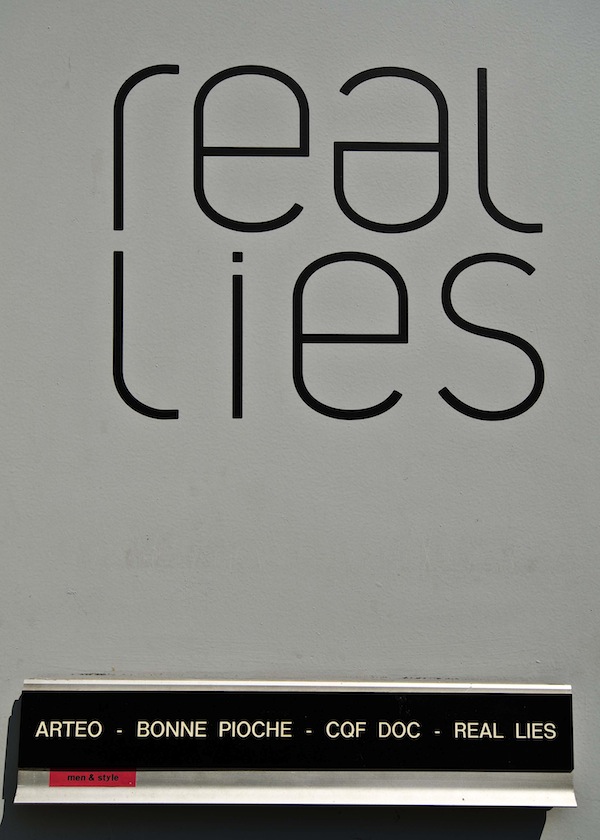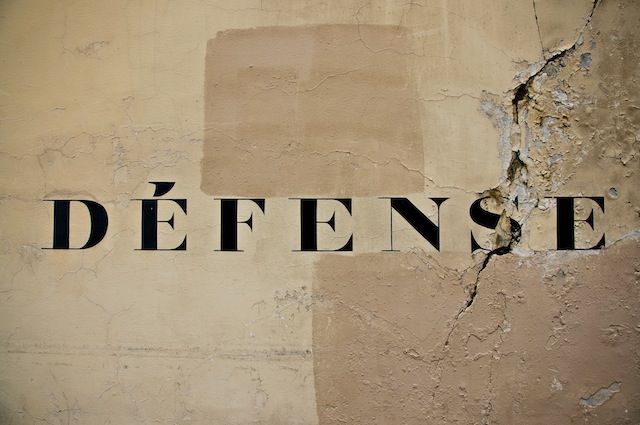
Most of the time, I write at home, but the other day, mulling over a journal piece I intended to write, I thought, why not try writing in a café today? Especially since the journal post included the mention of Simone de Beauvoir and Jean-Paul Sartre, who used to escape the chill of their apartments by writing in Café de Flore or Les Deux Magots at Saint-Germain-des-Prés.
I would have to try out a few cafés to discover which has the best ambiance, the best conditions for writing.
It’s the hottest April and May on record in Paris, so open windows were one requirement. A good table for writing was another. And not too noisy.
After a brisk 25-minute walk, I arrived at my chosen café. Already, one advantage of writing in cafés was apparent—a good walk stimulates the mind.
What was it Friedrich Nietzsche said? “A sedentary life is the real sin against the Holy Spirit. Only those thoughts that come by walking have any value.”
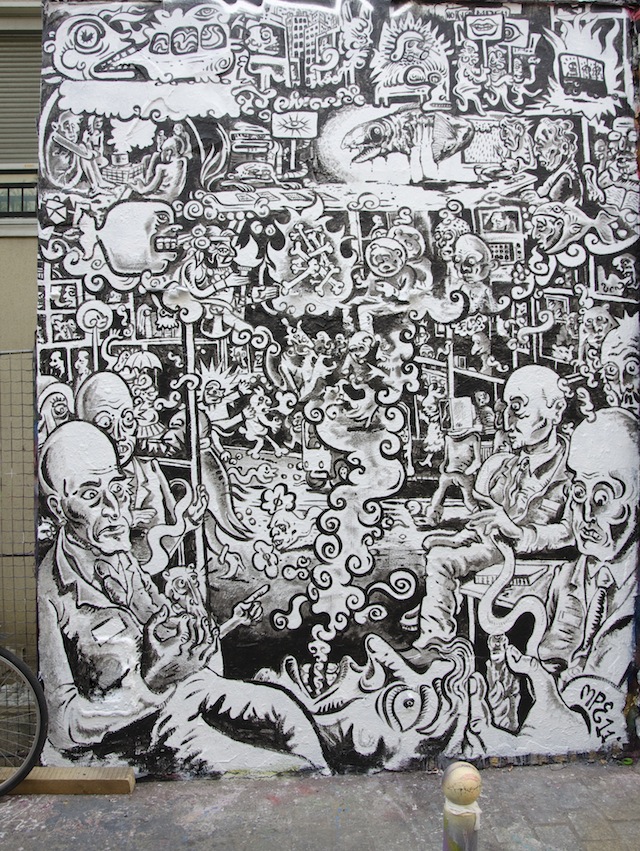
The café was crowded and noisy, but perhaps it would be quieter upstairs. I asked the woman at the cash register, “Are you serving upstairs?”
“Oui, Madame,” said a blonde woman whose hair was unusually short for a French woman.
The upstairs floor was L-shaped. A woman sat at the head of the “L,” a man in a corner at the foot. Both were focused, writing and reading. I picked a table halfway between the two and arranged my notebooks, colored pencils and pen on the table before me.
Behind me there was greenery in the open window that muffled the sounds from the street. In spite of the heat, a slight breeze brushed my shoulders.
A waiter appeared shortly. He was warm and twinkly, if a bit nervous, and took my order for a Badoit and green tea from Japan.
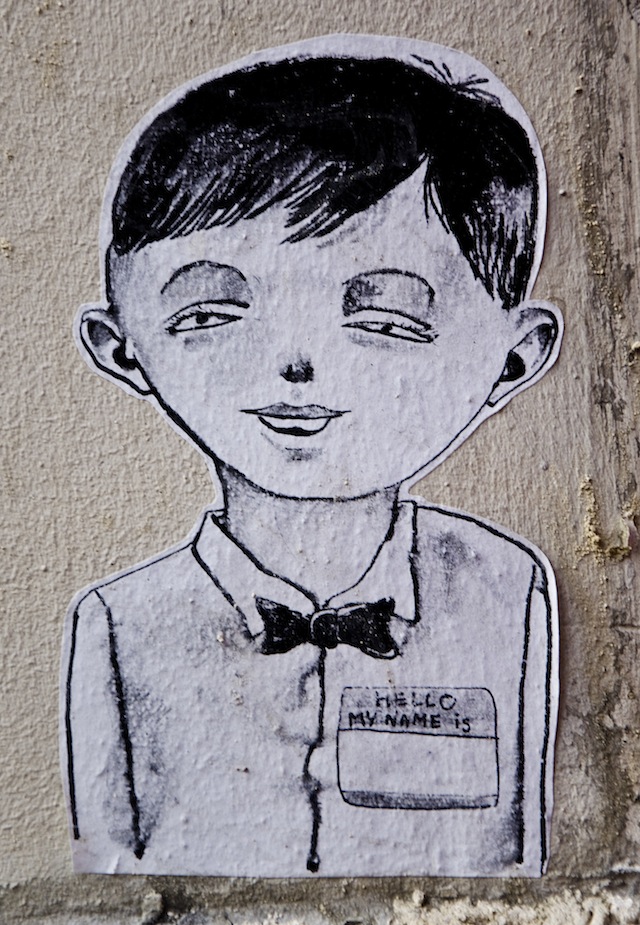
What luck! I’d found my perfect writer’s café on the first try!
I caught up on my soul-map, the daily mandala I draw of twelve colors, a daily check-in that keeps me on track in the twelve realms of my life.
The waiter returned. He seemed nervous, and sure enough, he spilled the sparkling water. But he swiftly recovered, grabbing the bottle, apologizing, drying the table, and wheeling off to bring me a replacement. Nothing on the table had gotten wet.
By the time he returned, I’d finished my mandala, and opened my notebook, ready to begin writing.
A kite string of fluttering women were heading up the stairs. I couldn’t see them yet, but I could certainly hear them, shouting in Italian. They must be on the way to the bathroom, I thought. Such noisy revelers would find no one up here to observe them and little to observe.
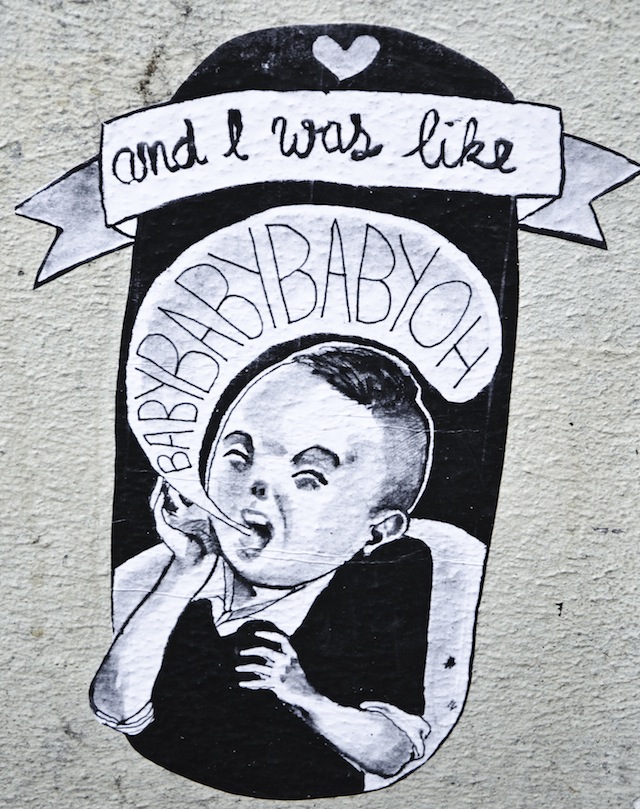
But no! Like a gaggle of chattering mockingbirds, they twittered past me, one male among them, and crowded around a table two tables away. Another straggled past in a red shirt, red jeans, a voice like a fire alarm.
How far away could I move and manage to outdistance their voices? I carried my Badoit, tea and notebooks to the opposite end of the room, and slid into the farthest booth. No, still too loud. I moved to the table opposite, directly in front of the two open wings of the window, poured my tea, took a sip and lifted my pen.
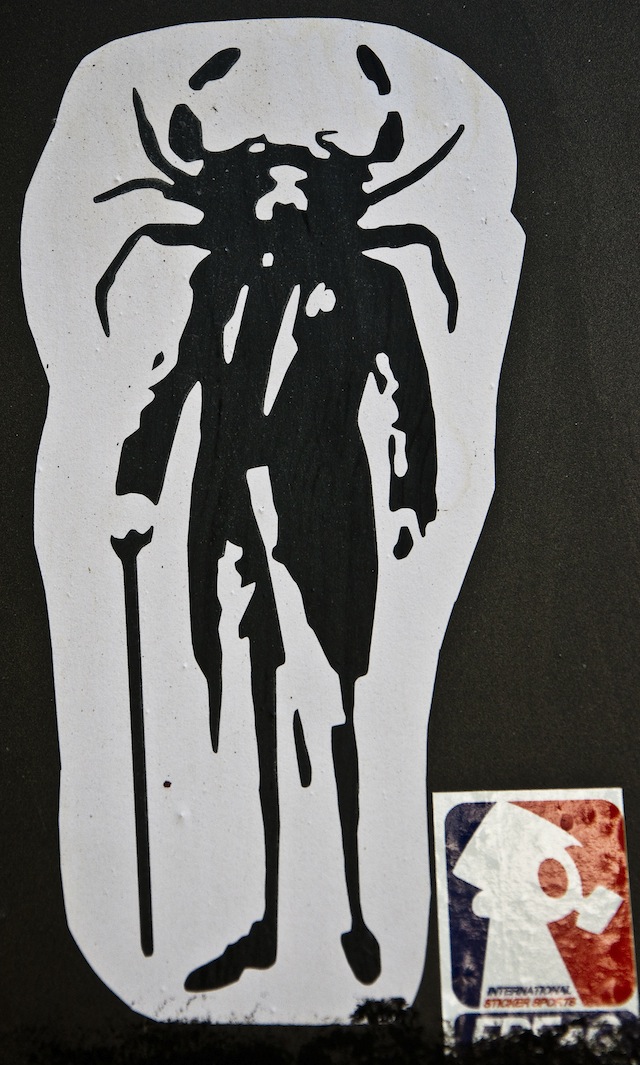
A man in a gray suit came up the stairs, looked around the spacious room, and slid into the booth I’d just vacated, directly across from me. He arranged a notebook and book on the table, then stood up and closed the two leaves of the window.
“Oh non, monsieur, s'il vous plaît, il fait trop chaud pour avoir les fenêtres fermées[1].”
He nodded pleasantly and opened one of them, leaving the other closed. “Voilà!” he said.
It was still too hot at my table. I looked around the room. There were at least three other windows, but all were too close to the noisy Italians.
I finished my tea, packed up my bag, and headed downstairs. The man in the gray tailored suit leapt up and reached the stairs just ahead of me. What was he doing?
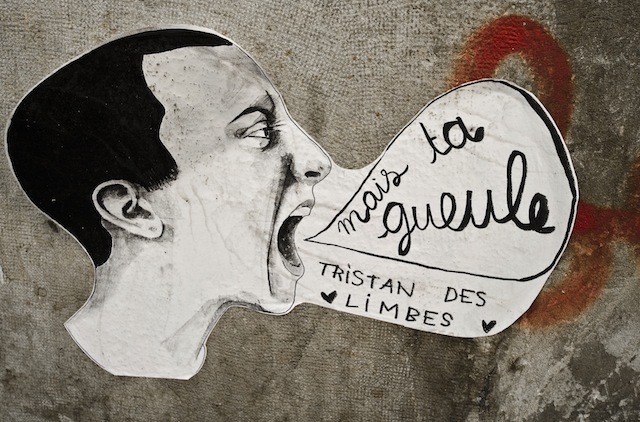
While I paid at the register, he stood beside me and chatted with the cashier.
I walked a ways to the next appealing café. This one had no upstairs floor. But look! There in the corner, out of the main flow of people and traffic were two empty tables.
Just as I settled in at one, a man signaled me from halfway across the room, accompanied by a younger woman.
He gestured, Was the table next to mine available?
Yes, I nodded. He maneuvered his way through tables and chairs and took a seat against the wall next to me. He turned to me and grinned, as if happy to have company. But where was his female companion…?
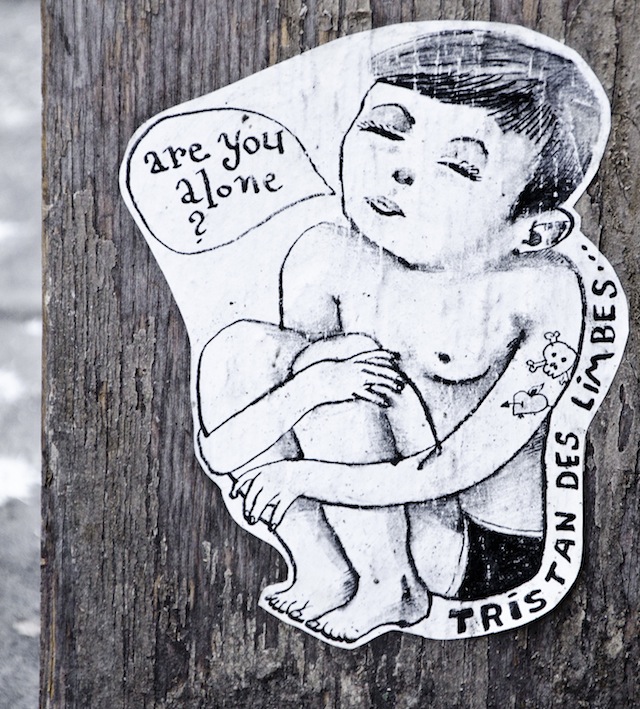
I glanced outside and saw that she was the hostess of the restaurant.
A handsome humorless waiter came to take my order: a Perrier and a fresh fruit salad.
“Are you together?” he asked the man to my left.
“Oui,” he said, and pushing his table up against mine, said to me, “Vous permettez?”
Was I going to humiliate him in front of the waiter and other diners? No.
As soon as the waiter took his order for a beer, he introduced himself.
I told him I was here to write, as soon as I’d finished “supper.”
“Oh,” he said. “You’re a writer. I’m a painter.” And he pulled out photos of his paintings for me to admire. He looked Spanish, like Javier Bardem, stocky and dark-haired, but his accent was pure Parisian.
Did I have children? he asked.
“No,” I said.
Was I married?
(If my wedding ring were any thicker it could be refashioned into a bracelet.) “Yes,” I said, “very happily married.”
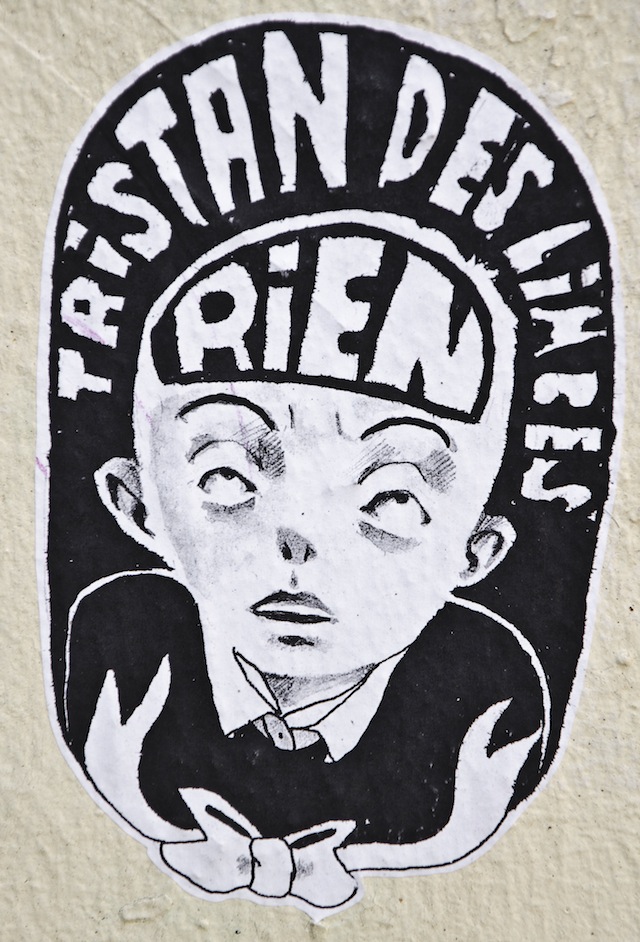
“Ahhh,” he said, with heightened interest.
“Not just married,” I said. “He’s my soul mate.”
“Ah ha!” he said, with even greater relish. (Nothing like a challenge for a hunter.)
My fruit salad and sparkling water had arrived. I would talk to him while I ate, then excuse myself to write.
“And you,” I asked, “have you found your soul mate?”
“Yes,” he said. “She’s older than me. A writer. No children. We’ve been together for a year.”
And then came the key piece of information: “And she’s out of town till Monday.”
“I see,” I said. (And I did.)
“She would like us to live together but I prefer to keep my own place.”
I bet you do, I thought. Lucky woman, I thought, with such a devoted mate.
Blah, blah, blah, blah, blah. We were now in tedious territory.
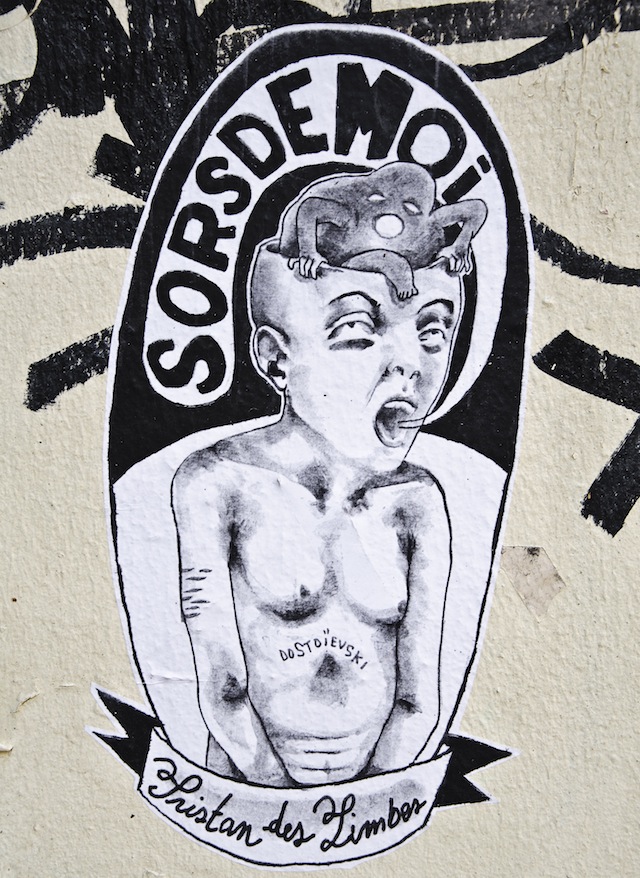
Did he ask for my number? Of course he did.
Did I give it? Just guess.
How much more interesting a conversation would be if a woman said what she was really thinking: An older writer, is she? I must be your type.
Well, yes, as a matter of fact you are.
Just think, if I hadn’t met Richard, and you had met me before your girlfriend—let’s call her Diane—I could be the one begging you to move in with me, and you could try to seduce Diane the instant I left town!
I don’t follow you.
Oh, you know, women are pretty interchangeable, don’t you think?
Well, I don’t know that I’d go that far…
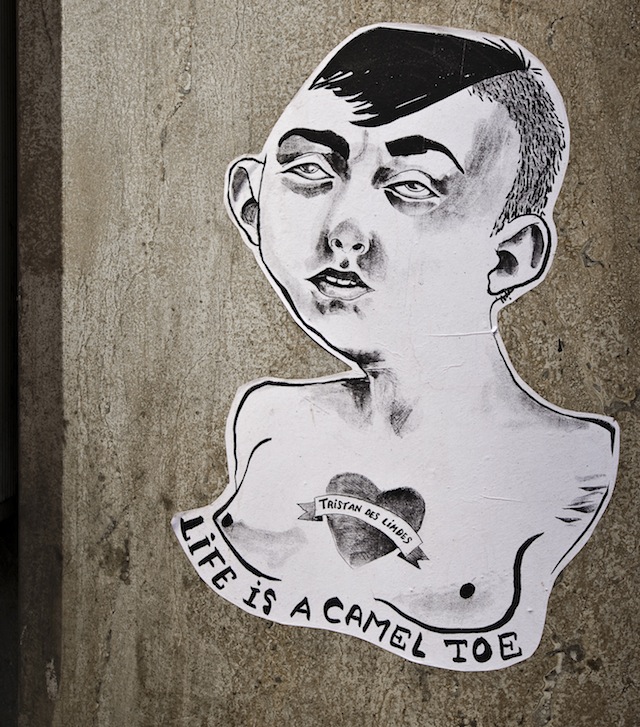
Monsieur, I have an idea. Let me guess ten things about you.
Who would turn down an invitation like that?
All right, he said.
But you cannot speak while I guess. All you can do is tell me how many of my guesses were correct, after all ten. I don’t even want to know which.
All right! he said. You’re on!
1) You’re alcoholic. (The smell of addictive drinking is different from a beer or two on the breath.)
2) You have never been faithful to a woman in your life.
3) Your greatest gift is your lovemaking. You’re not even interested much in painting.
4) It’s easy for you to pick up women because you’re very handsome.
5) You feel sad about your life, but you’re not sure why.
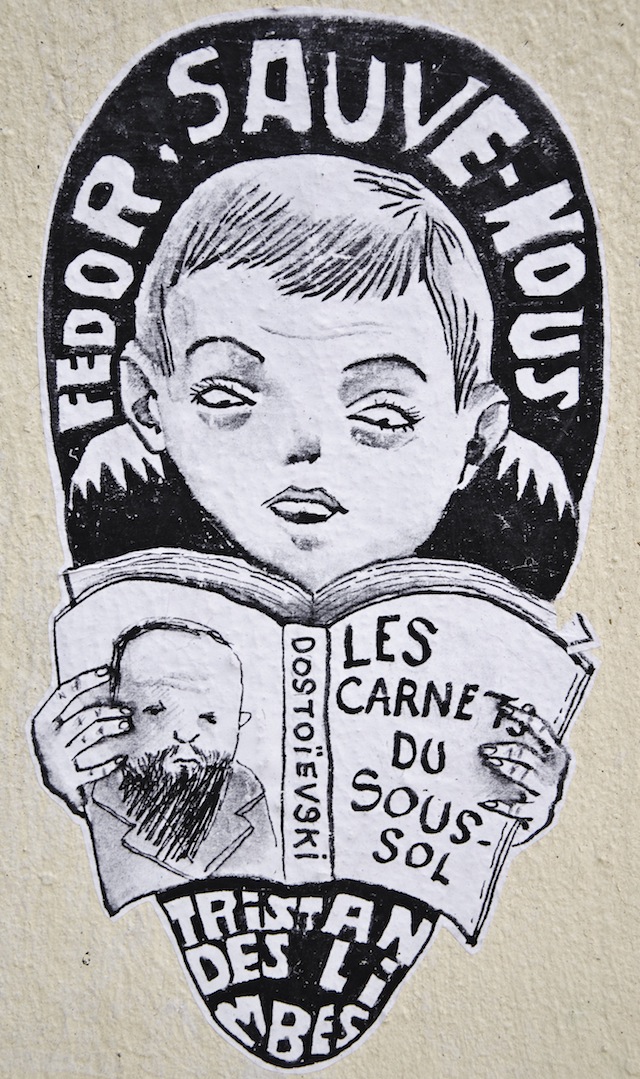
6) You hate solitude.
7) You think psychotherapy, introspection of any kind is stupid, a waste of time.
8) There is an emptiness in you that nothing fills.
9) You have herpes (I can see it on your lip).
10) You hope that you’ll stumble upon some woman who is not only smart, but wise, to help you make sense of your baffling life.
Nine, he said. But this, he said, touching his lip, is not herpes. I cut myself shaving.
I nodded. It appeared to me that he hadn’t shaved in several days.
I ate my fruit salad, then told him politely that I needed to write.

He smiled and scribbled down his website. “Come to my art show!” he said, then waved goodbye.
I smiled, and took out my notebook, but the writing focus had flown. So I packed up my notebooks and pen, and walked home.
But I cannot tell you a few truths I sensed about him without telling you a truth about myself: the encounter pleased me! We women are divided creatures. We want to get our work done without annoying interruptions. When we’ve found our true love, wild horses can’t tempt us away. Yet, what delight to know we’re still considered fair game for handsome hunters.
The next day I stayed in and wrote for four hours straight. And then had a delicious evening with my true love.
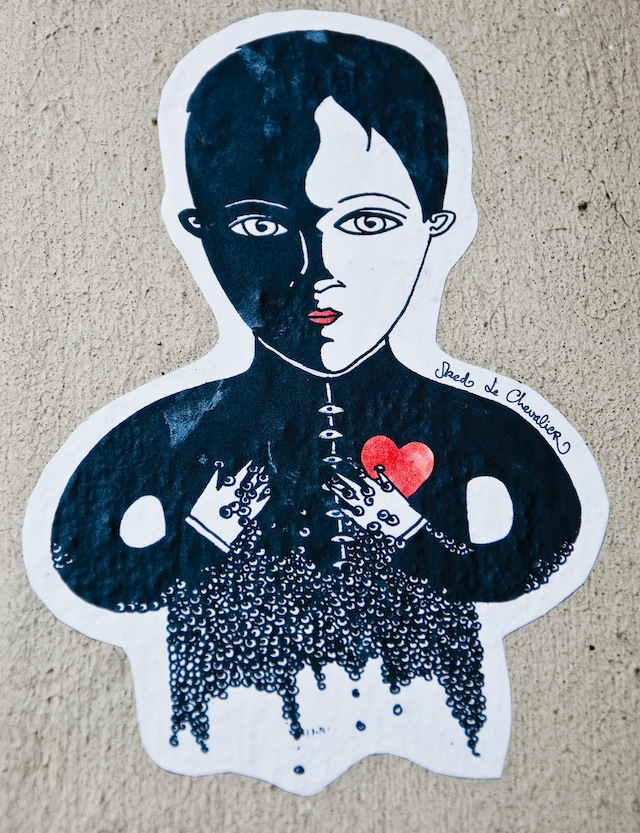
The street art photographed in this edition of Paris Play is primarily by Tristan des Limbes, who has recently been blanketing Paris with marvelous, and occasionally grotesque, drawings.
[1] Oh no, sir, please, it’s too hot to have the windows closed.
 05.28.2011
05.28.2011 











